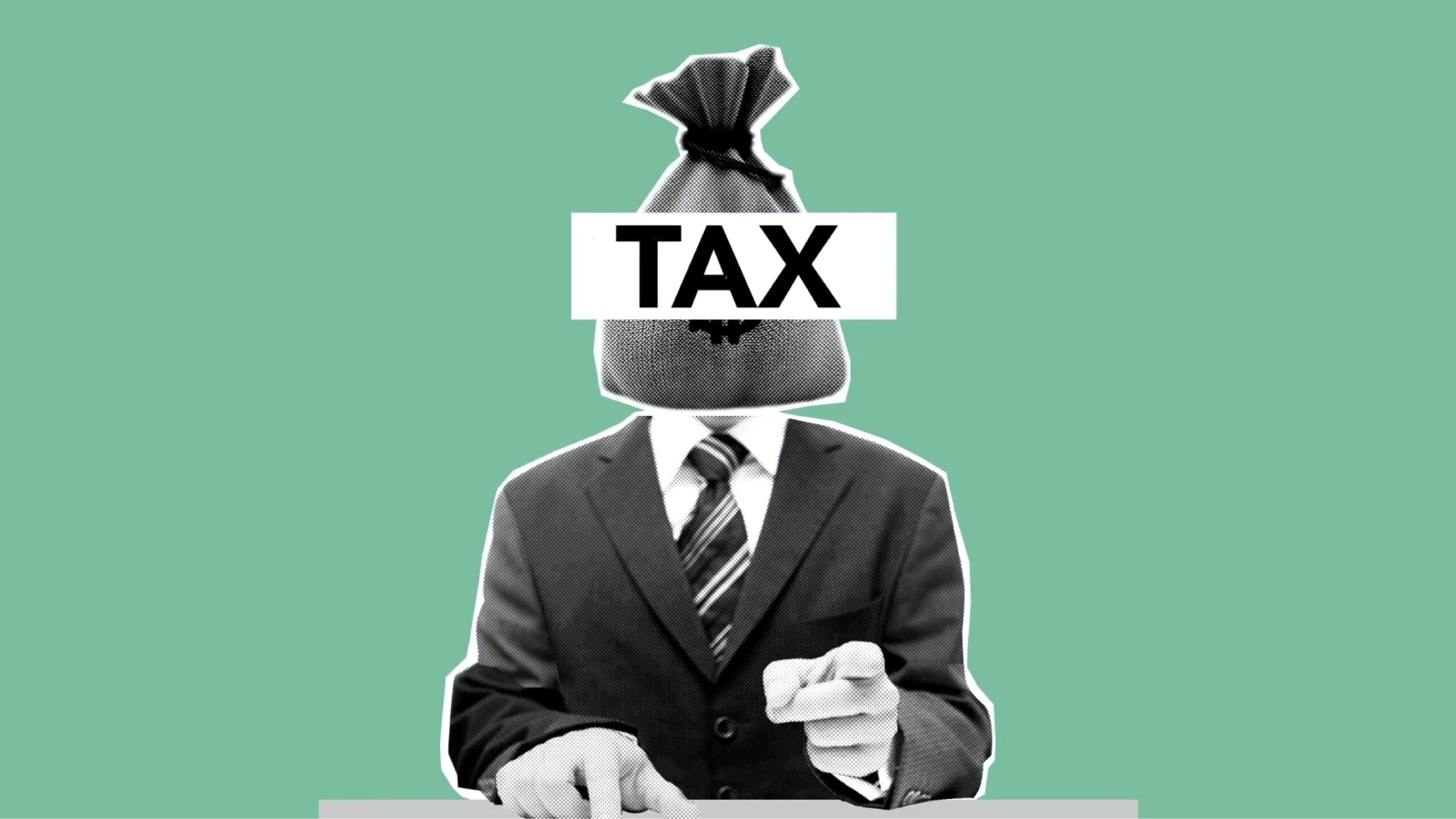The ongoing tango between the federal government and the banking sector over the windfall tax could become a double-edged sword. It must, therefore, be handled with utmost care so it does not hurt both the business and the government.
Understandably, the government has not hidden its drive to increase tax revenue in the face of shortfalls in its income. However, the government must exercise caution in every step it takes, to prevent colossal damage to the economic system.
The facts are that the government’s uncoordinated fiscal and monetary policies taken by the middle of last year led to a dislocation in the economy. First, the government, without preparation, removed the subsidy on petroleum products. Two weeks later, it floated the naira. These two actions unleashed an uncommon inflationary spiral and currency devaluation not witnessed in the country for a long time. So far, the naira has lost over 70 per cent of its value as of the date of its flotation; the inflation rate has also risen from 22.79 per cent that month to a peak of 34.19 per cent in June before its deceleration to 33.4 per cent in July.
As the naira tumbled, the banks, revalued their foreign currency holdings in light of the new value of the local currency. This is a standard practice in the industry. This created the phenomenon now commonly referred to as a “windfall” profit for the lenders.
- ‘Their retirement long overdue’, Dokpesi Jnr justifies Shake-up at DAAR Communications
- US, Nigeria working to maximise benefits of AI in military operations
It is this “windfall” profit that the federal government has decided to tax, rather retroactively, even though the banks have already prepared their financial reports for the year 2023 and also paid the relevant corporate tax for the period. This plan of government led to a quick alteration reflected in the Finance (Amendment) Bill 2024. The amendment initially provided for a one-off tax of 50 percent on the realised profits. But when the amendment bill arrived at the National Assembly, the federal lawmakers raised the tax rate to 70 per cent.
The justification for this “windfall” is that it is a benefit that an organisation realises from an adverse event or situation, in this case, the depreciation of the naira. The argument by the authorities is that if this adverse situation had not arisen the gain would not have happened because there would not have been any opportunity for foreign currency revaluation.
This raises the question of equity and business interest. The truth is that the general economic morass that resulted from the government’s discordant policy actions affected everyone in Nigeria, individuals, families, and corporates. However, like every such effect, some have made a positive net benefit, as in the case of the banks, who declared fat profits for 2023.
So, the banks admitted that they made the excess gains. In public finance policy, tax can be deployed as an instrument to curb the tendency for an organisation to reap excess benefits at the expense of the larger society. From this standpoint, the imposition of tax on the extra gains made by the banks is justified. However, what should matter here is the rate of tax that should be imposed on them for equity purposes.
Daily Trust does not believe that that rate of tax in this matter should be legislated by fiat as the case right now. The graduation of the tax rate from 50 per cent to 70 per cent is therefore, in our view, too draconian and smacks of punitive intent on the part of the government.
The government must know that the same investment community that it is labouring so hard to woo to invest in Nigeria is watching with keen interest to see the way this matter is settled. Whichever way it goes, the message will ring out loud and clear to the potential investors, and they will decide in their best interest. Capital is roaming the world but with no fixed address where it is headed. It will ultimately go to the destination that best serves its interest.
The whole plan should therefore be reviewed, including the amendment that has been signed into law. It is unfair for the government to want to take as much as 70 per cent of the so-called windfall gains. The banks neither committed any offence nor were they responsible for the condition that gave rise to the opportunity they responded to. For a way out, we recommend that both parties converge at the negotiation table talk things over, and come to a mutual resolution.

 Join Daily Trust WhatsApp Community For Quick Access To News and Happenings Around You.
Join Daily Trust WhatsApp Community For Quick Access To News and Happenings Around You.


